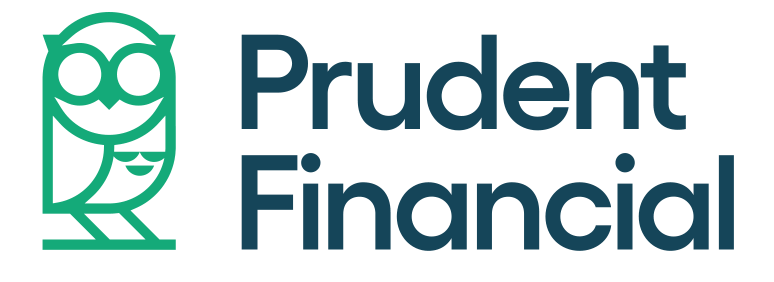
 We are officially into March now, and that means that the dreaded 2017 tax deadline is fast approaching. April 30th always seems to sneak up on us, and even if your tax filing is easy, that deadline always seems to arrive far sooner than planned. This is even more true if you know that a tax debt will be the result once you file.
We are officially into March now, and that means that the dreaded 2017 tax deadline is fast approaching. April 30th always seems to sneak up on us, and even if your tax filing is easy, that deadline always seems to arrive far sooner than planned. This is even more true if you know that a tax debt will be the result once you file.
Many Canadians fall behind filing tax returns each year, for a variety of reasons. Sometimes it is simple procrastination, whereas other times it is due to the incorrect assumption that if they do not file the CRA will never know and they will not have to pay. Lost records/receipts or even stress can be reasons for failing to file as well.
Whatever the reason, it is important to be prepared for penalties and to have a plan to deal with a tax debt.
Canada Revenue Agency late-filing penalties: If you owe money for 2016 and don’t file on time, you will be charged a late-filing penalty. This penalty is 5% of the balance owing, plus 1% for each full month that your return is late. If you’re a repeat offender and were charged a late-filing penalty for 2013, 2014 or 2015, your late-filing penalty for 2016 could jump to 10% of the balance owed, plus 2% for each month your return is late. As you can see, the CRA takes late-filing very seriously.
Think not filing is the answer? It isn’t. Remember, these late-filing penalties are in addition to the compound daily interest the CRA will charge stating May 1st (applied retroactively if you file late). If you owe, that balance will continue to increase the longer you wait.
What are your options?
- If you know that you have the funds to pay, do so, as soon as possible. This will not only save you on interest, it will also keep the collection enforcement action from wreaking havoc on your life.
- If the debt is small, consider financing it with a small personal loan. Again, this will stop interest from accumulating at an alarming rate and will stop all enforcement action.
- If you’re looking at a large tax debt, perhaps an unsecured home equity loan is an option. This could work if you have a lot of equity (50%), and thus can refinance your first mortgage, or you might take out a second mortgage if there is less equity.
- If you can’t pay, no matter how big or how small the debt is, maybe bankruptcy is an option. This will stop interest from accumulating, stop collection action, and it may even reduce the amount of the tax debt. It also offers a fresh financial start.
As you can see, not filing is never a good option.
Prudent Financial can help with all of the above, including financial consulting. Don’t wait to file for fear of that tax debt.
We can help. Get in touch today: 1-888-852-7647.
